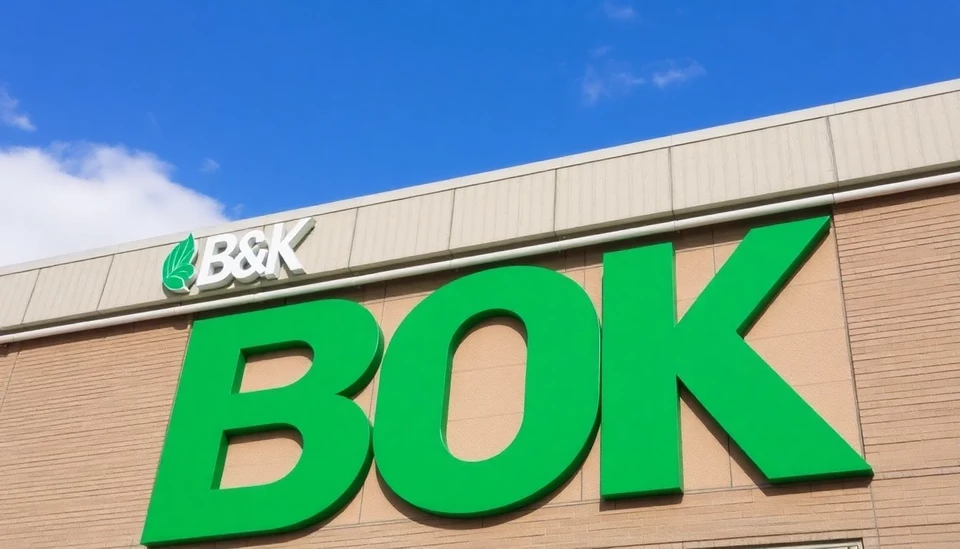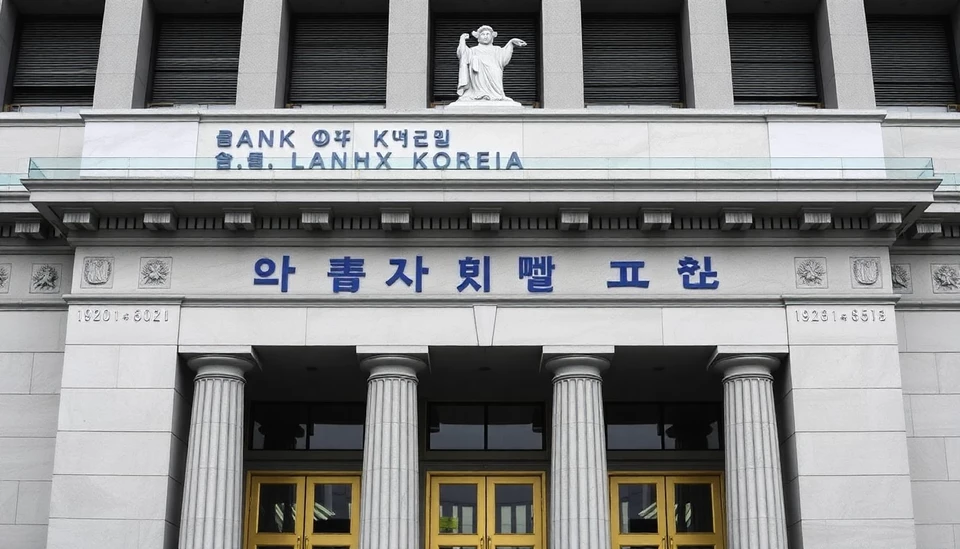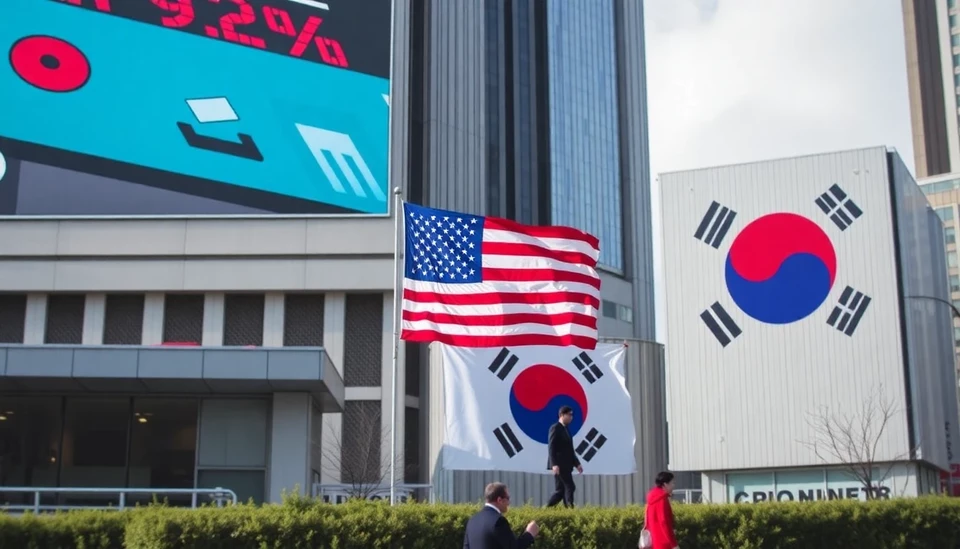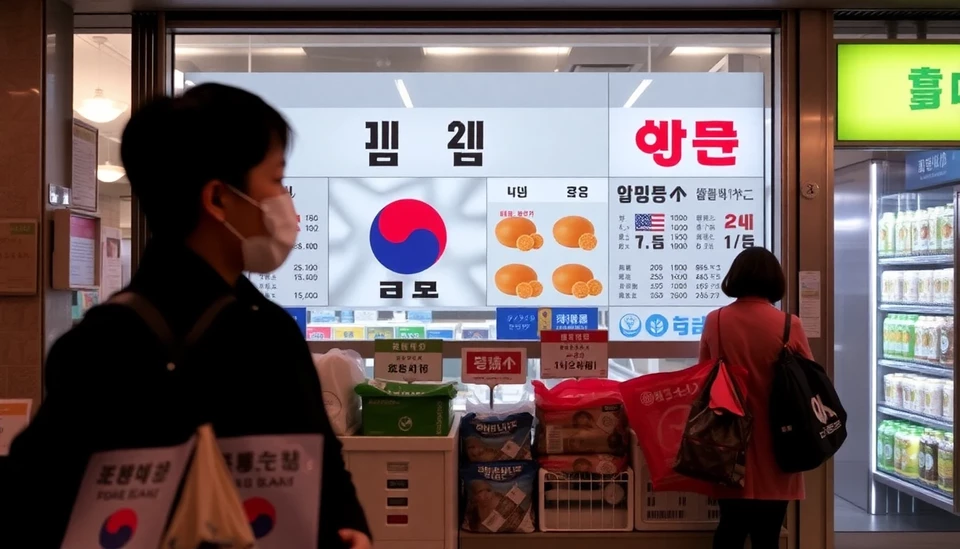
In a strategic move to bolster domestic demand amidst growing economic uncertainty, the Bank of Korea (BOK) has decided to cut its benchmark interest rate, responding to potential threats from tariffs imposed by the Trump administration. This decision signals a proactive approach to stimulate the economy and safeguard exports, a crucial component of South Korea’s economic landscape.
The BOK’s Monetary Policy Board convened for a crucial meeting where they assessed current economic conditions, including an increasingly complex international trade environment exacerbated by tensions with the United States. The aggressive tariff policies—specifically targeting numerous South Korean goods—had raised alarms among economists regarding the potential fallout on export-driven industries.
Experts have expressed concerns that these tariffs could hamper South Korean manufacturers, as their products face significant barriers in the vital U.S. market. The decision to lower interest rates is intended to increase consumer spending and investment, thus enhancing the overall economic environment. By making borrowing cheaper, the BOK hopes to encourage businesses and consumers to ramp up spending, which would, in turn, mitigate some of the negative impacts caused by external trade disruptions.
The BOK’s latest monetary policy adjustment saw the rate decrease by 25 basis points, bringing the rate down to a historic low. This marks an effort to reinvigorate economic activities that have shown signs of slowing down in the face of global economic pressures. In addition to the tariff threats, domestic issues such as reduced consumer confidence and sluggish growth further necessitated this rate cut.
Government officials, including leading economists, believe that maintaining a favorable interest rate environment is essential not only for encouraging spending but also for strengthening the resilience of the South Korean economy against external shocks. Beyond just the immediate impacts of tariff-related issues, there are broader global economic uncertainties that South Korea must navigate, including fluctuating trade relationships and the ongoing challenges posed by the pandemic.
As the country moves forward, the BOK has signaled that it will closely monitor economic indicators and is prepared to take further action should the need arise. Officials remain vigilant in assessing the implications of U.S. trade policy and continue to call for a united front from other economies to address these challenges collaboratively.
In summary, the BOK's decision to cut interest rates exemplifies a responsive monetary policy aimed at cushioning the economy from external shocks while fostering domestic growth. With the ongoing threat of tariffs, this move could play a pivotal role in sustaining South Korea’s export sectors and overall economic health.
#BankofKorea #InterestRates #Tariffs #ExportEconomy #SouthKorea #MonetaryPolicy #EconomicGrowth
Author: Laura Mitchell




